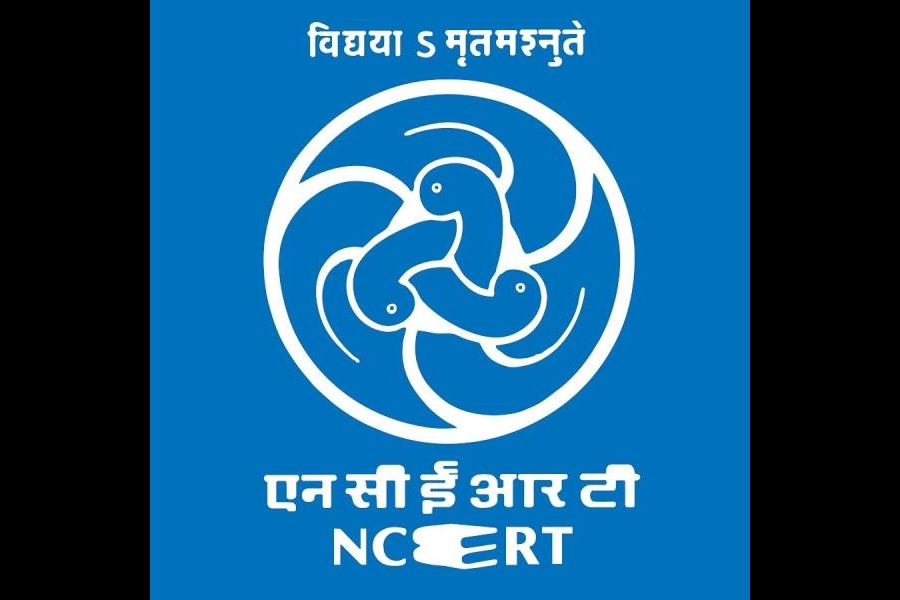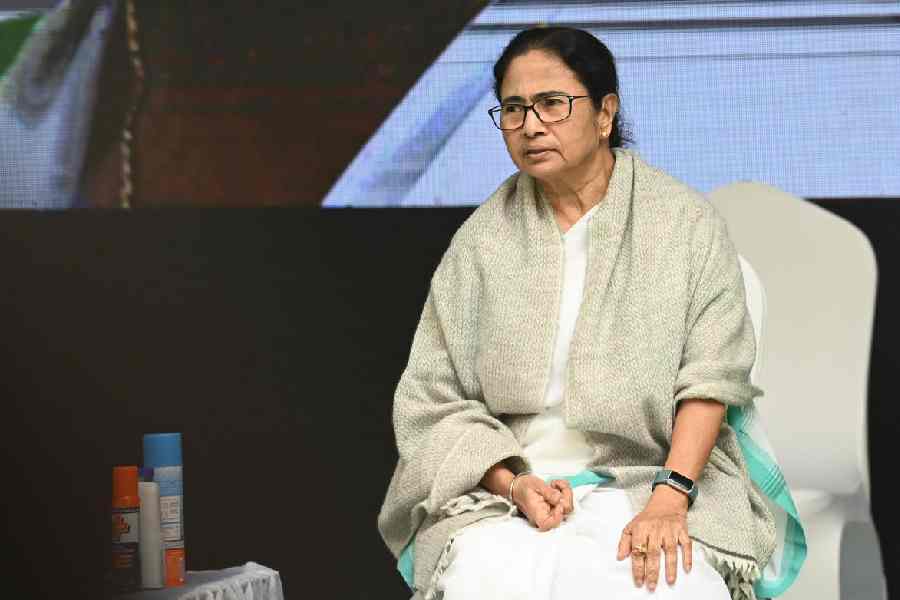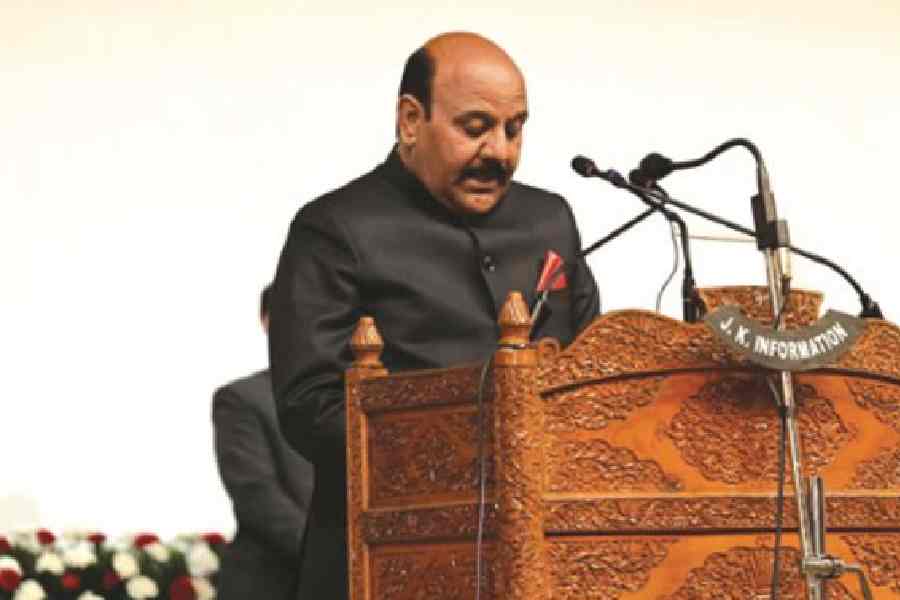Several city hospitals are receiving patients suffering from heat exhaustion and heat cramps, with some requiring emergency treatment, doctors said.
Children too have been affected, with many kids getting admitted with complaints of high fever and diarrhoea.
Doctors said that while they have not come across instances of heat stroke, patients with complaints of heat exhaustion and heat cramps have come to the hospitals.
“We have had a few patients in the last few days who needed treatment in the emergency department because of heat exhaustion. They were complaining of extreme fatigue to an extent that they were incapable of walking or working,” said Amitabha Saha, the director of critical care at Desun Hospital.
Soumitra Ghosh, the head of general medicine at Medical College Kolkata, said heat-related disorders had three stages: heat exhaustion, heat cramps, and heat stroke, which is the extreme form.
“We received patients who have complained about symptoms of heat exhaustion and heat cramps. They did not have a running temperature but were feeling weak. Some of them also complained of muscle cramps that can happen because of fluid-electrolyte imbalance,” said Ghosh.
Ghosh warned that heat stroke cases usually start coming between mid-May and mid-June. “Those in the extremes of age and with prevailing conditions must avoid exposure to heat,” he said.
Many Calcuttans, even those in their 20s and 30s, told Metro that they have been avoiding going out after 10am. “I completed my grocery shopping by 9am on Sunday. It has become very difficult to step out after 10pm because of the heat,” said a south Calcutta resident.
Doctors advised that people should stay hydrated and avoid exposure to heat. “Avoid heat exposure as much as possible. Remain hydrated. It is not enough to drink water only because sweating also releases electrolytes. The loss of electrolytes has to be compensated,” said Chandramouli Bhattacharya, an infectious diseases specialist at Peerless Hospital.
“Those with existing kidney, liver and heart diseases may have restrictions on fluid intake. They should consult their doctors,” he said.
Bhattacharya also advised caution while choosing the source of drinking water. Water-borne infections are common during intense heat as people tend to consume lemonade served in roadside shacks where the water may have been taken from contaminated sources.
The rise in temperatures has also indirectly affected many children. While playing outdoors, kids often rush inside AC rooms to cool down. This sudden temperature change is exposing them to viral infections, said Saheli Dasgupta, the head of paediatric critical care at Peerless Hospital.
“We have witnessed a rise in the number of children with high-grade fever. It is happening mostly because of temperature fluctuations. Kids, while playing outdoors have ice-creams or step into AC rooms. This is weakening their immunity and exposing them to infections,” she said.










